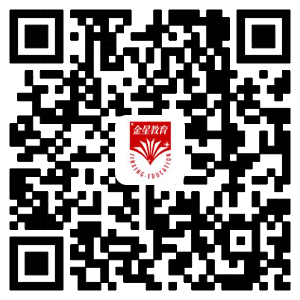1.表示请求允许:可以
—May/Might/Can I come in? 我可以进来吗?
—Yes, please. 请。
He said I might borrow his car. 他说我可以借他的车。
注意:前例中的might不是过去式,只是更婉转;但在后例这样主句动词是过去式的句子里,might可看作是may的过去式。
2.表示给予允许:可以
You may bring it back tomorrow. 你可以明天把它带来。
You may not go there. 你不可以去那里。
注意:1. 表示给予允许,不能用might;2. 常用来回答表示不允许。如:
—Might I go now?我可以去吗?
—Yes, you may. 可以。
—No, you mustn’t/can’t. 不可以去。
—You’d better not. 你最好不去。
3.表示祝愿
May you succeed! 祝你成功!
May you live happily. 祝你生活幸福!
4.表示推测:可能
It may/might rain this afternoon. 今天下午可能会下雨
He may come, or he may not. 他可能来,也可能不来。
She may still be waiting for us. 她可能还在等我。
注意:
1. 作此种用法时,也可用might(不是过去式) 语气更委婉;若是对过去情况的推测,用may/might have加过去分词。如:
You may/might have helped me when I asked you. 我请你帮忙时,你本可以帮我的。
2. 表示推测时,may not意为“可能不”,can’t意为“不可能”,前者较后者语气弱得多。如:
He may not come today, for it’s raining. 今天他可能不会来,因为在下雨。
He cannot come today, for he has gone to America. 他今天不可能来,因为他去美国了。
